International joint research project between University of Tehran and Taipei National University of Technology in Taiwan
To improve and strengthen the international scientific cooperation and via the support from University of Tehran (UT), a joint research project with the National Taipei University of Technology (NTUT) has been approved by both sides.
Dr. Mohsen Shahrousvand, a faculty member of University of Tehran currently working in Caspian Campus, from the Department of Polymer Engineering and his counterpart Dr. Wen Ta Su from the Biochemical and Biomedical Engineering Department of the National Taipei University of Technology are the investigators of the project entitled "preparation and evaluation of appropriate osteogenic composite materials based on seashell powders for regenerative medicine " (NTUT-UT-109-01).
National Taipei University of Technology (NTUT), among the best public technological university in Taiwan, a member of Global Research & Industry Alliance (Gloria) of Ministry of Science and Technology of the Republic of China and accredited by AACSB, is located in the Daan District of Taipei City, Taiwan. The school was established in 1912, as the School of Industrial Instruction, one of the earliest intermediate-higher educational institutes in Taiwan. NTUT is ranked 511-520 globally and 95th in Asia in 2020 by QS World University Rankings.
Caspian Faculty of Engineering is No.3 Campus of UT located in Guilan (Resvanshahr). The potential resources of this area have provided the ground for international cooperation between the two universities. Seashells of Caspian Sea with completely natural aragonite and mineral structures are the rich sources of calcium and can be used in various fields such as bone grafting, metal implant coating, tissue engineering scaffolding, and cement production. This mineral and natural compound could be used as a replacement for the hydroxyapatite compounds previously used in medical researches. Chemical production of hydroxyapatite is expensive and inaccurate stoichiometry can lead to high impurity products.
Dr. Shahrousvand stated that due to the similarity of the chemical composition of seashell powders with bone structures, in addition to bioactive aspects and therapeutic effects of these substances, it is also possible to stimulate bone growth, direct bone grafting and optimal adhesion to the bone tissue.
He added that important applications of this bioceramics include the use of orthopedic surgery in the form of a mass or coating at the implant level, spinal surgery, and a controlled-release drug or protein carrier capability. According to the Iranian researcher, in experiments conducted so far on the modified Caspian seashell powders in the stem cell laboratory, human mesenchymal stem cells (hMSCs) have shown good bone differentiation within two weeks. In the continuation of this research, these materials will be used to make bone composites in order to prepare tissue engineering scaffolds and treat bone defects.

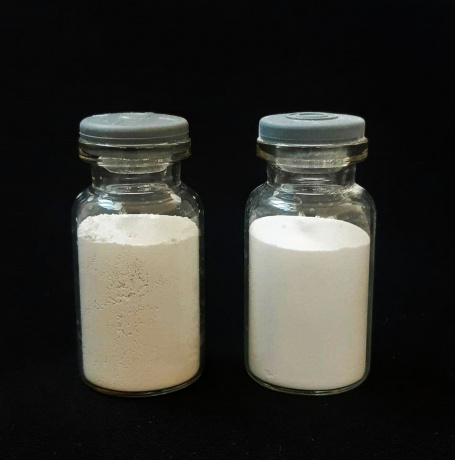
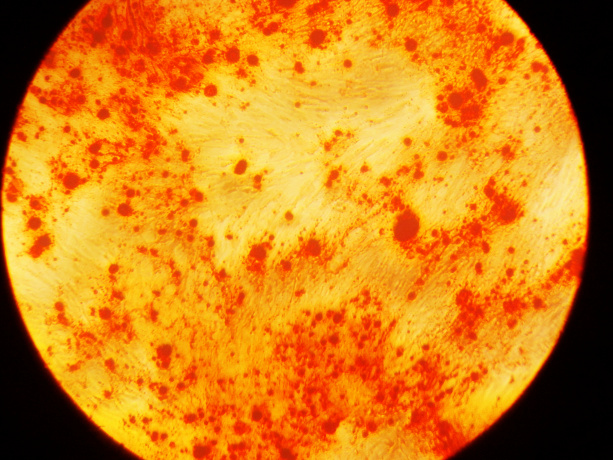
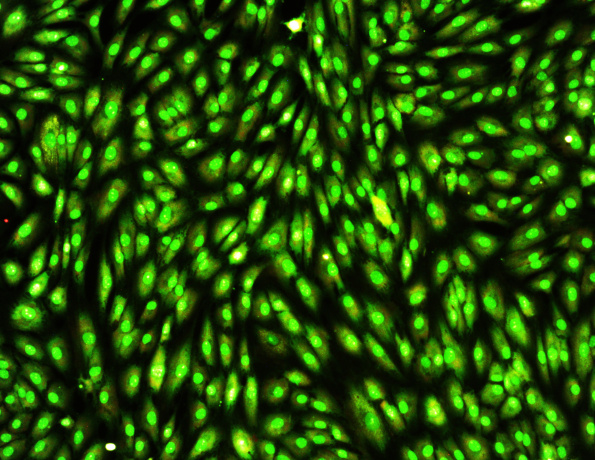
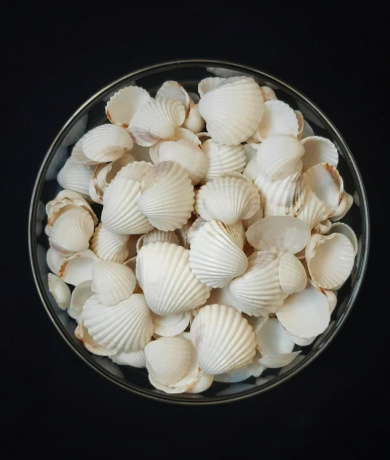
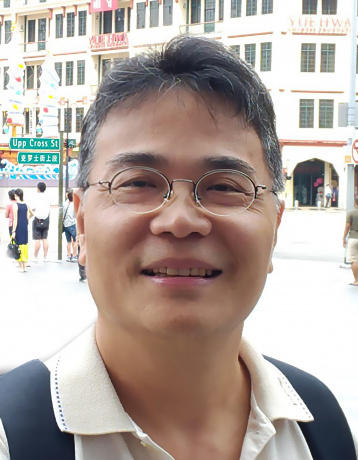
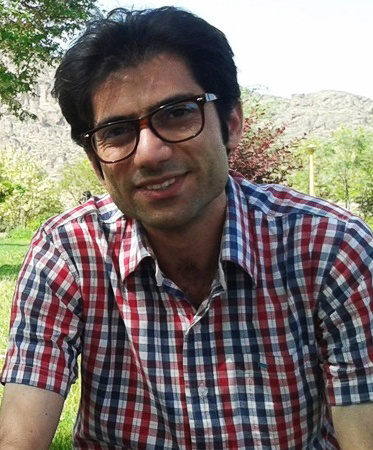






Your Comment :